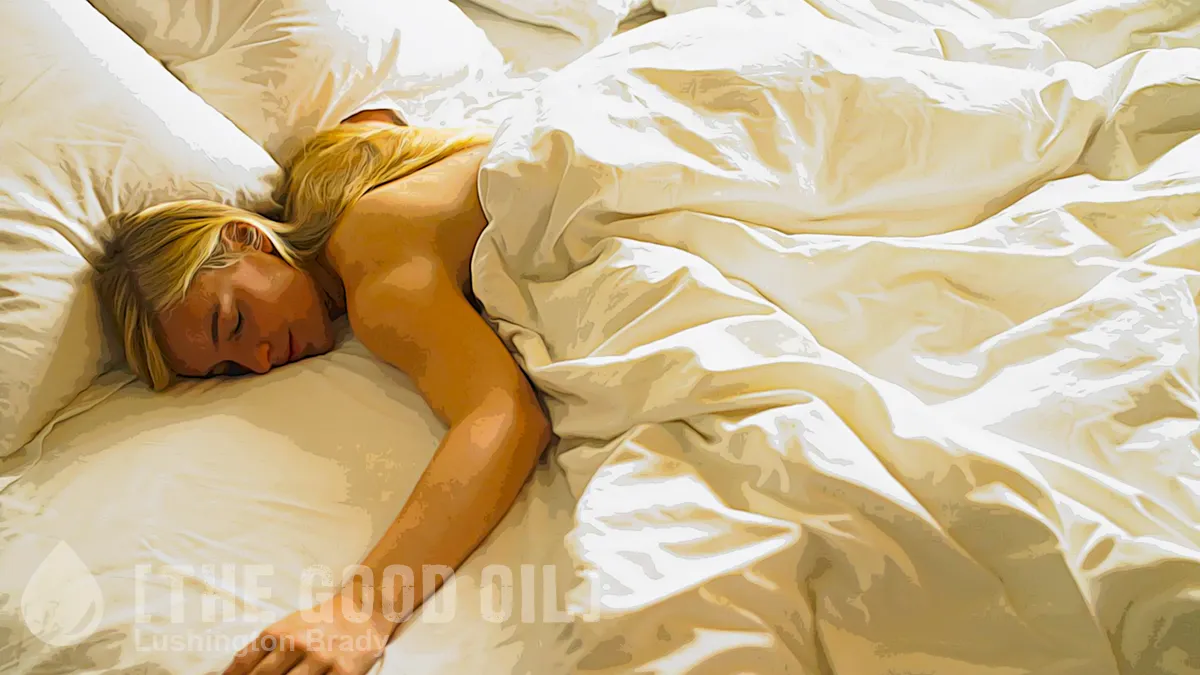Table of Contents
Having adopted the habit by at least my early teens, I’ve long been a convert to nature’s pyjamas. Not that everyone is: beside the big girlies who whine about getting cold, there’s also the weirdos who’re adamant that the practice merely turns your sheets into a giant pair of undies. To such folk, I only have to say: ditch the jammies — it’s science.
Not only is it less laundry to wash, but taking off those pajamas can do wonders for your health. While you may feel self-conscious at first, the openness of resting in the nude can actually boost your confidence and help you look your best self.
There’s no right or wrong way to get ready for bed – it’s all a matter of preference. And while nakedness won’t miraculously cure all your sleep problems, experts say there are some modest benefits to going au naturel.
OK, I’ll admit there are some downsides. Like the time I snuck out for a midnight wee while staying at a friend’s place with an outside loo – and the deadbolt locked behind me. The house was right on a busy road, too.
But at least I had some good skin to show off to passing drivers on their way home from the pubs.
James Walker, a medical advisor for the healthcare platform Welzo, says sleeping without clothes gives your skin an opportunity to breathe, allowing for better airflow. He explains that clothes, especially tight-fitting ones, can restrict blood circulation, making it harder for your skin to receive vitamins and minerals needed for collagen production. Certain materials also might add to your discomfort in bed. Aditya Kashyap Mishra, a sex educator and relationship expert for Lustyboy, says synthetic fibers like spandex and nylon trap moisture in your skin – the added heat can make it hard to fall asleep. Other synthetic fabrics and pajamas with dyed cotton may cause skin irritation and acne from the fabric rubbing against you.
Tossing and turning from wearing the wrong clothing can affect your quality of sleep and your skin. The body makes collagen during sleep, which is essential for supple and younger-looking skin. Research shows that getting less than the recommended seven hours of sleep for adults increases skin aging and slows down recovery from sun damage.
Besides PJ-rash, there’s also the imminent threat of jock-itch.
Fungi and bacteria thrive in warm and damp areas like your nether regions. Mishra explains that trapped sweat from moisture-wicking clothing increases the risk of microorganisms building up, resulting in yeast infections and jock itch. Jock itch can also come from constant friction from clothes. Stripping down to nothing will allow more air circulation and keep your intimate parts from getting overheated.
On the other hand, if you want your nethers to get overheated, you’re on to a winner, too.
Skin-to-skin contact between partners can strengthen your relationship. Research shows touching among consenting adults releases the “love hormone” called oxytocin. This chemical reduces stress and encourages openness and social bonding with others. One US marketing poll of more than 1,000 adults found that 57 per cent of couples who regularly snoozed in the nude were happy in their relationship compared to 48 per cent of pajama wearers. Getting used to baring it all in front of a partner can counteract self-consciousness of how you look in bed. Mishra says this openness is a huge stress reliever, and the added relaxation can help you sleep better.
If looking like a saggy-baggy elephant in your passion-killers isn’t bad enough, you’re not cooling down, either.
As you might expect, sleeping with your skin exposed helps regulate your temperature at night, says Walker. The drop in body temperature can prevent overheating – a real concern in summer and in places where winter is virtually non-existent. Research shows that feeling extremely hot at night increases wakefulness. Even if you manage to land some shut-eye, it will likely be less restorative with shorter cycles of slow-wave sleep and REM sleep.
Feeling colder, on the other hand, can also help you fall asleep faster. Your body temperature is synced up with the light-dark cycles outside; it normally falls when the sun goes down. A lower body temperature from sleeping nude tells your biological clock it’s time to shut down.
There is, of course, the trade off between the cool down of sticking a single leg out from under the doona and the exponentially increased danger of monster attacks.









